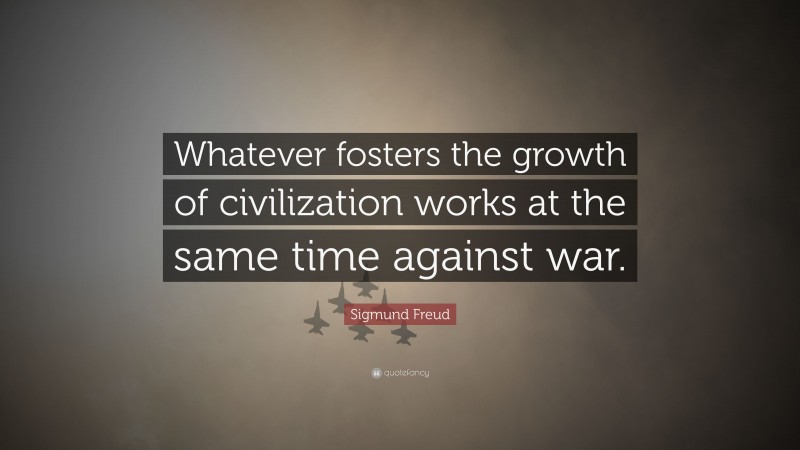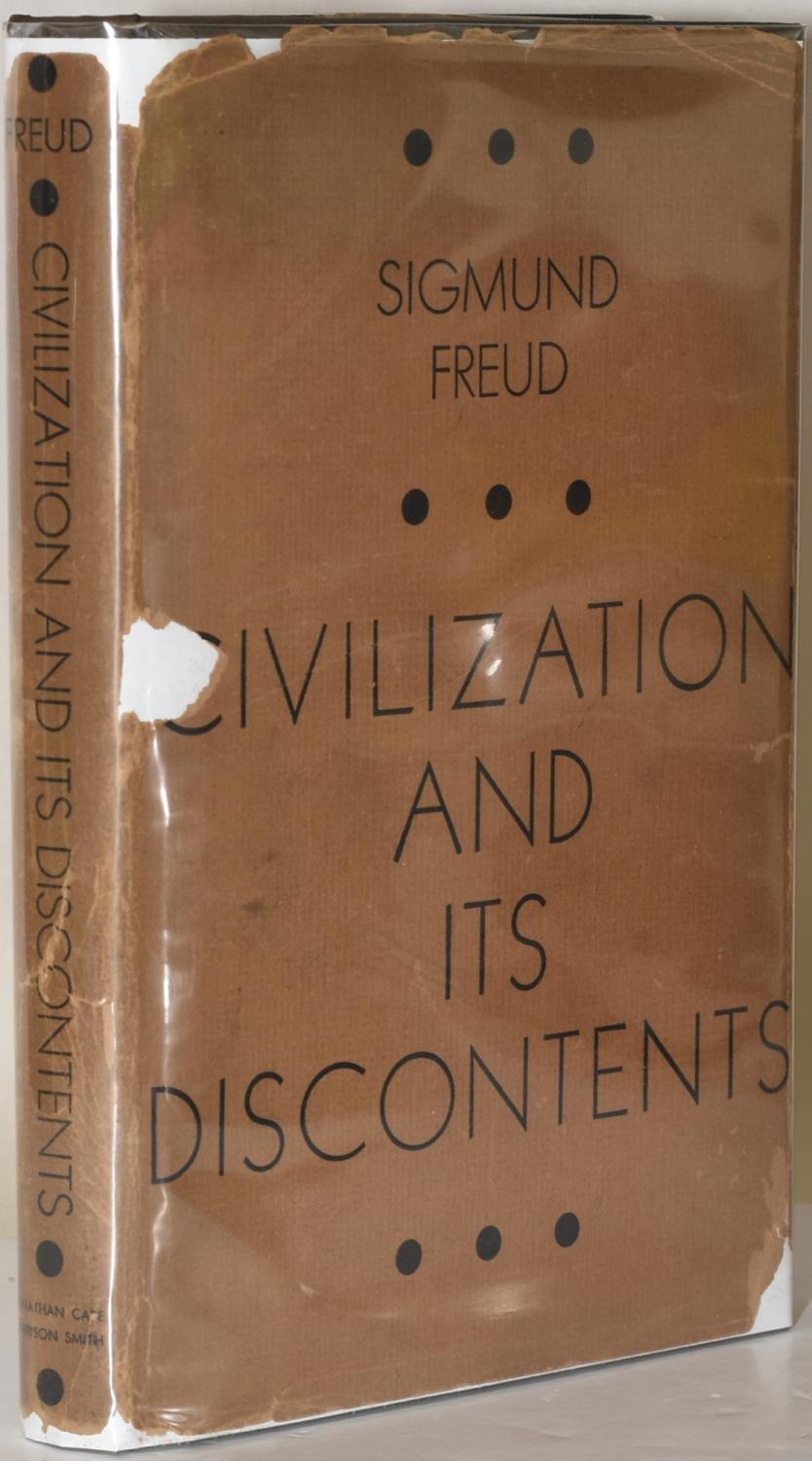

People tend to be happy, but they also experience unhappiness from many sources. Many have tried to answer this question and it seems like the answers are different depending on who you ask. What do people want in life? This is a question that has been asked for thousands of years. Freud concludes that religion cannot be clearly categorized within this schema. He claims that men exhibit three main coping mechanisms to deal with suffering in the world: 1) deflection of pain and disappointment (through planned distractions) 2) substitutive satisfactions (mainly through replacement of reality by art) 3) intoxicating substances. Instead, he believes that “oceanic” feelings are actually caused by childhood longing for paternal protection that continues into adult life as sustained fear of superior power over fate.įreud states that the common man’s preoccupation with God is infantile and absurd. Freud disagrees with “oceanic” feelings being the cause of religious sentiment in human beings because it doesn’t explain why this feeling exists in adults who were never children.

The ego can recognize reality separate from itself, which allows people to develop psychologically. This distinction between inside and outside is a crucial part of psychological development. People’s egos usually perceive themselves as distinct from the outside world. Churches and religious institutions are able to channel this sentiment into particular belief systems, but it’s not what causes it in the first place. He believes this is not caused by any religion, but instead is human nature. Sigmund Freud attempts to explain the spiritual phenomenon of a feeling that people have when they feel like they’re one with everything. 1-Page Summary of Civilization and Its Discontents Overview


 0 kommentar(er)
0 kommentar(er)
